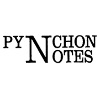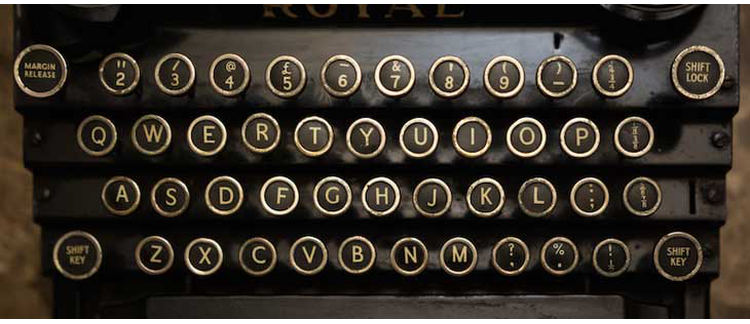Abstract
The songs in Gravity's Rainbow, especially those seemingly based on popular sources, have been seen as commentaries on reality, as subversive attempts to undermine the system, and even as the creation of a mythic mode through which to understand the universe. Some of the music sung at the Casino Hermann Goering, especially the "Vulgar Song" and "The Penis He Thought Was His Own," and its apparent sources recall a supposedly civilized past, specifically the Gilded Age, and juxtapose it with a rude and chaotic present. Yoking older, romanticized ballads with crude modern lyrics about sex is not as odd as it might seem at first. In the Gilded Age, as any historian or reader of Mark Twain knows, forceful capitalists, like the robber barons, and increasing urbanization were changing common perceptions about the United States as primarily a pleasant agrarian democracy. At the same time, popular music and literature were presenting a sentimental view of life in which behavior was highly codified and ladies and gentlemen had to follow certain patterns of behavior in public. Even deviations from expected behaviors, like adultery and violent crime, were sentimentalized by ballads. This conflict between the representations in popular culture and the harshness of real life is also embodied by Siothrop in his constant reference to songs, films and comic books while being pummeled by forces beyond his control.
How to Cite:
Parry, S. E., (1997) “Who Broke the Bank at Monte Carlo?: Musical Moods in the Casino Hermann Goering”, Pynchon Notes , 176-179. doi: https://doi.org/10.16995/pn.171
Downloads:
Download PDF
608 Views
232 Downloads

